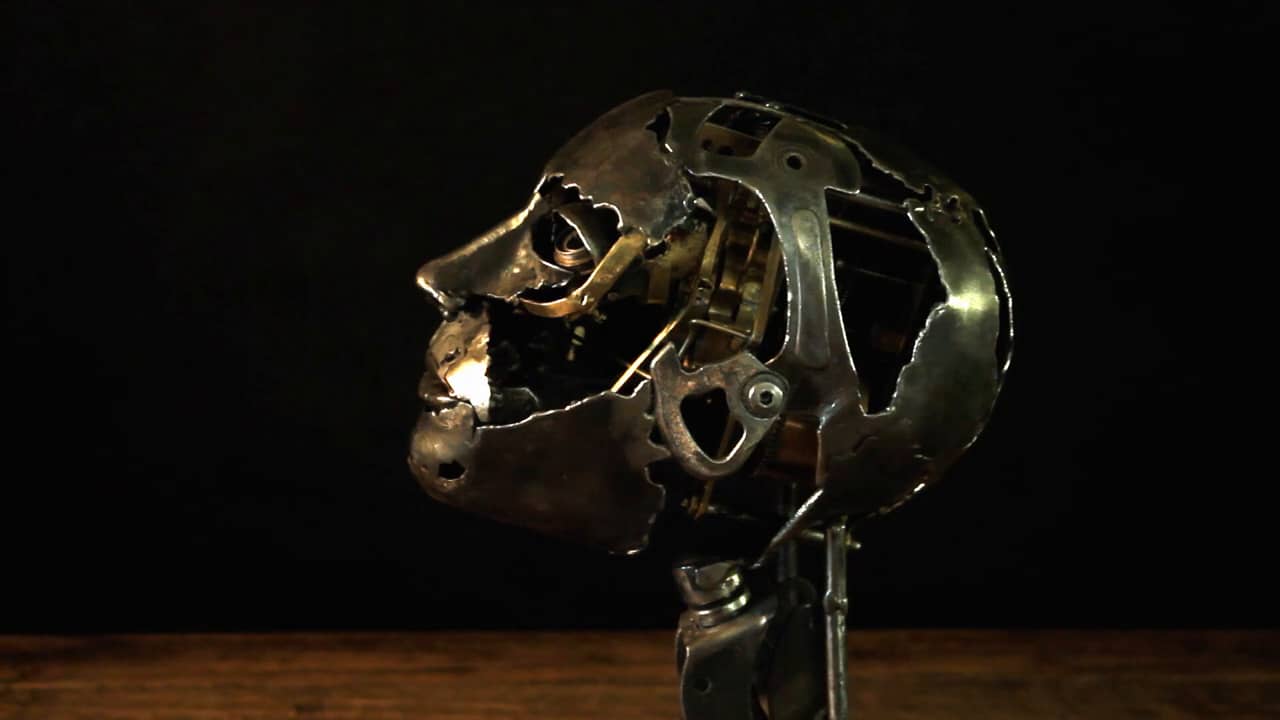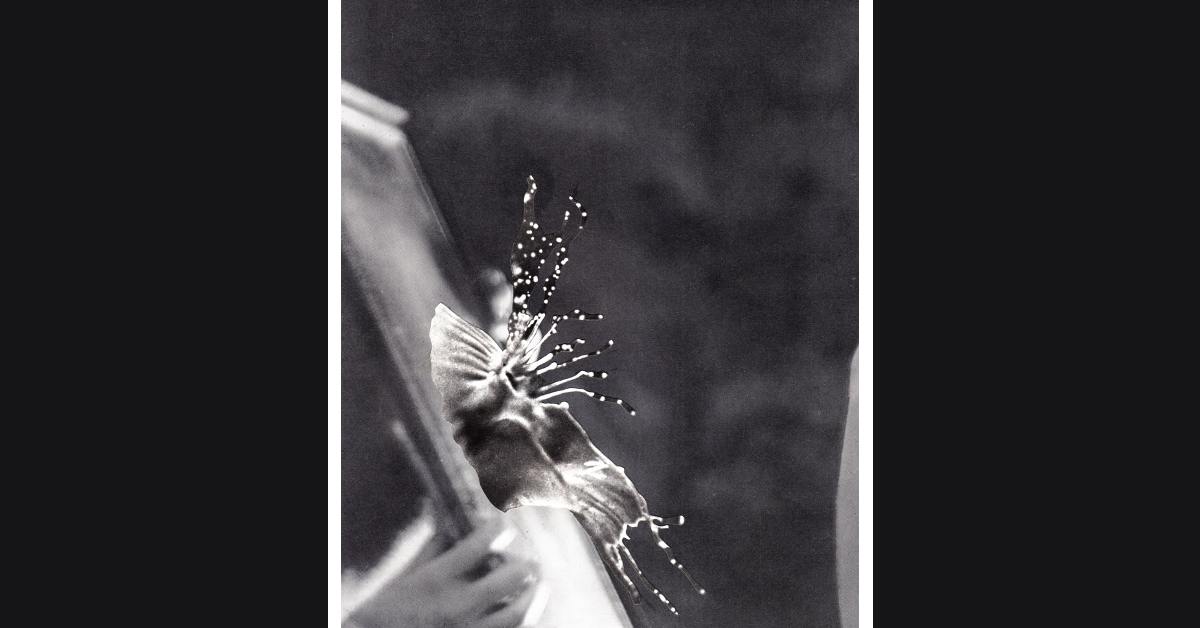“Donald, following the lead of my grandfather and with the complicity, silence, and inaction of his siblings, destroyed my father. I can’t let him destroy my country.” Mary L. Trump
“I came to poetry through the urgent need to denounce injustice, exploitation, and humiliation. I know that’s not enough to change the world. But to remain silent would have been an intolerable complicity.” Tahar Ben Jelloun, a Moroccan writer
One of my favorite songs is Sounds of Silence by Simon and Garfunkel because it powerfully presents why silence constitutes intolerable complicity. Here’s a couplet from the first stanza:
“Hello Darkness my old friend
I’ve come to talk with you again”
It seems like we’ve been talking to darkness a lot these days – trying to make sense of the craziness, chaos, and cruelty in the world. I experienced this opening stanza as a brilliant beginning to a beautiful song, and as a terrific introduction to how silence plays a loud role in our complicity in dark events. In the fourth stanza of the song, this couplet captures the root cause of many of our darker problems:
“Fools” said I, “You do not know,
Silence like a cancer grows”
Clearly, we are witnessing too many fools, too much foolishness, and too much folly everywhere we look. Barbara Tuchman, the author of March of Folly, would be rolling over in her grave if she knew how folly has metastasized in society since she wrote her book. As a quick reminder, Tuchman wrote about the compelling paradoxes of history – the pursuit by governments of policies contrary to their own interests. In her book, Tuchman documents four major follies: the Trojans’ decision to move the Greek horse into their city in the 12th century BCE, the failure of Popes to address the issues that led to the Protestant Reformation in the 16th century, England’s policies relating to the American colonies under King George III in the 18th century, and the US mishandling of the Vietnam War in the 20th century. Since she died in 1989, she missed a whole bevvy of new follies: the Iraq War, the Afghanistan War, the Wars in Syria, Sudan, Ethiopia, Yemen, Israel, Gaza, Ukraine, and all the other conflicts we are suffering through. But to get back to Simon and Garfunkel, portraying silence as a cancer was, to me, a potent image for depicting the role of complicity in all those follies. Here’s a couplet from the last stanza:
“And the people bowed and prayed
To the neon god they made”
How explicit do I need to get here? If Trump isn’t the epitome of the neon god we made, who could do far more damage than any Trojan Horse, I don’t know who is. And, of course, there are many other neon gods we have made to whom we bow and pray. I would love to hear what or who comes to mind for you. As you will recall, the last lines of Songs of Silence are:
“The words of the prophets are written on the subway walls and tenement halls
And whispered in the sounds of silence.”
Ahh, so good! The magic of song is its ability to convey such powerful messages.
Yes, I’m afraid that the words of many of our prophets are whispered in the sounds of silence. Our poets and prophets are talking, but few are listening. Think Amanda Gorman, Mary Oliver, Maggie Nelson, Billie Collins, Maya Angelou, Ocean Vuong, Joy Harjo, Padraig O’Tuama to name a few. These courageous poets and prophets have not given in to the complicity of silence. Their voices ring loud and clear, if only we would hear them.
So, what is complicity? For a little felicity, let’s talk about how complicity is intertwined with mendacity, duplicity, and simplicity. First, complicity is simply the state of being an accomplice or being involved in some form of nefarious wrongdoing. Mendacity means to be untruthful or to tell lies. Duplicity is acting in bad faith by deceiving or pretending to support one set of intentions while acting under the influence of another. What I mean by simplicity is the inclination for simplistic reductionism and the unwillingness to appreciate or acknowledge the complexity of certain situations. All of these ideas come together with rhyme and reason. In short, being willing to lie, deceive, and oversimplify constitutes complicity in denying the truth.
Does all this sound chillingly familiar? Katie Britt, in her response to Biden’s State of the Union Address, managed to demonstrate all four of those factors in a brief story about sexual trafficking at the border. Her statement was not factual, her intention was to deceive, and she tried to generalize from an N of 1 to make simplistic and inaccurate statements about a whole group of people. She incorporated lying, deceiving, and oversimplifying to bolster her complicity with a dangerous demagogue. Sadly, Britt’s rebuttal was just one small example of a broader conspiracy of complicity in which feelings trump facts and tribe Trumps truth.
Lies and deceit need to be called out. Simplistic solutions need to be challenged. Silence is not only intolerable, it’s deadly. Complicity, mendacity, and duplicity are not only interrelated, they are also not viable ingredients for a healthy democracy.
To get into the guts of complicity, here’s a brief review of the underlying psychological, social, cultural, and mitigating factors involved.
The psychological characteristics of complicity are diffusion of responsibility, suppression of dissenting opinions in order to achieve consensus, rationalization for harmful behavior in order to maintain congruence as an ethical and virtuous person, detachment from moral standards, and the diminishment or demonization of others in order to justify egregious actions against them. Sounds like Trump to me.
The social factors of complicity are the unwritten rules and expectations that govern behavior within a group, the normalization of unethical behavior, group pressure to conform, obedience to authority, identification with a particular group, and feelings of inferiority or inadequacy that fuel desires to gain status, recognition, or revenge. Sounds like MAGA to me.
The cultural factors of complicity are the shared values and beliefs of a group, the institutional structures that support laws, economic conditions, the historical context, inequality and feelings of marginalization, and political polarization, all of which make it more difficult to promote responsible action. Sounds like America in 2024 to me.
The mitigating factors of complicity include enhancing moral awareness, understanding the consequences of unethical behavior, fostering critical thinking, questioning assumptions, challenging authority, making evidence-based decisions, promoting empathy, encouraging dissent, creating safe spaces for people to voice concerns, strengthening social norms, setting clear expectations, reducing groupthink, facilitating open dialogue, welcoming diverse perspectives, avoiding excessive pressure for consensus, improving institutional structures that promote transparency, accountability, and ethical decision-making, honestly confronting past injustices, creating opportunities for healing and reconciliation, promoting economic equality, and encouraging political cooperation and collaboration to address common challenges and promote responsible action. Sound like prerequisites and possibilities for a healthy democracy?
Each of those factors deserves its own book. Indeed, many of the factors already have several books written about them. For me, however, complicity seems pretty clear. We know what it looks like. We know the factors that characterize complicity as well as the factors that mitigate it. We know that silence and complicity are intertwined. The question is, how do we amplify the voices of our prophets, our poets, and our playwrights to end the silence inherent in complicity? The science of complicity is important, but it won’t do us any good if all that knowledge echoes in the wells of silence.
So how do we help Mary keep her uncle from destroying our country? And, what can we do to denounce injustice, exploitation, and humiliation, as the Moroccan poet implored us to do even though he knew that’s not enough to change the world? I think poetry might be a good starting point. Even in Russia, artists are finding that art can triumph over repression.
I don’t know what to do. I just know we can’t go back to the 12th century BCE. Our democracy can’t tolerate a MAGA-filled Trojan Horse in the White House. What has helped me is to read inspiring poets, listen to moving songs, read books that deepen my understanding of historical context, and watch movies that present an honest portrayal of history. On the movie front, I guess I would start with Origin, a documentary about Isabelle Wilkinson, the author of Caste. I would also recommend the movie or book version of Flowers of the Killer Moon. Or the recent Holocaust film, Zone of Interest, which challenges us to reflect on our own degrees of complicity in the horrors that are taking place today. I would also strongly recommend three books I recently read: Martyr by Kaveh Akbar, Prophet Song by Paul Lynch, and Wandering Stars by Tommy Orange. So much to read, hear, and see if only we could find the time.
I’m hoping we will all find more time and ways to fill the silence with songs and stories, with poems and plays, with books and Broadway, with movies and magazines. And I’m hoping we will find the courage to confront our own complicity in whatever wrongs we may be witnessing or enabling. Most of all, I’m hoping that in November, 2024, we can all breathe a deep sigh of relief. May it be so.
Also published on Medium.




Outstanding Ricky! Thank you!